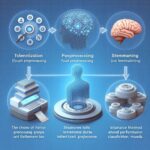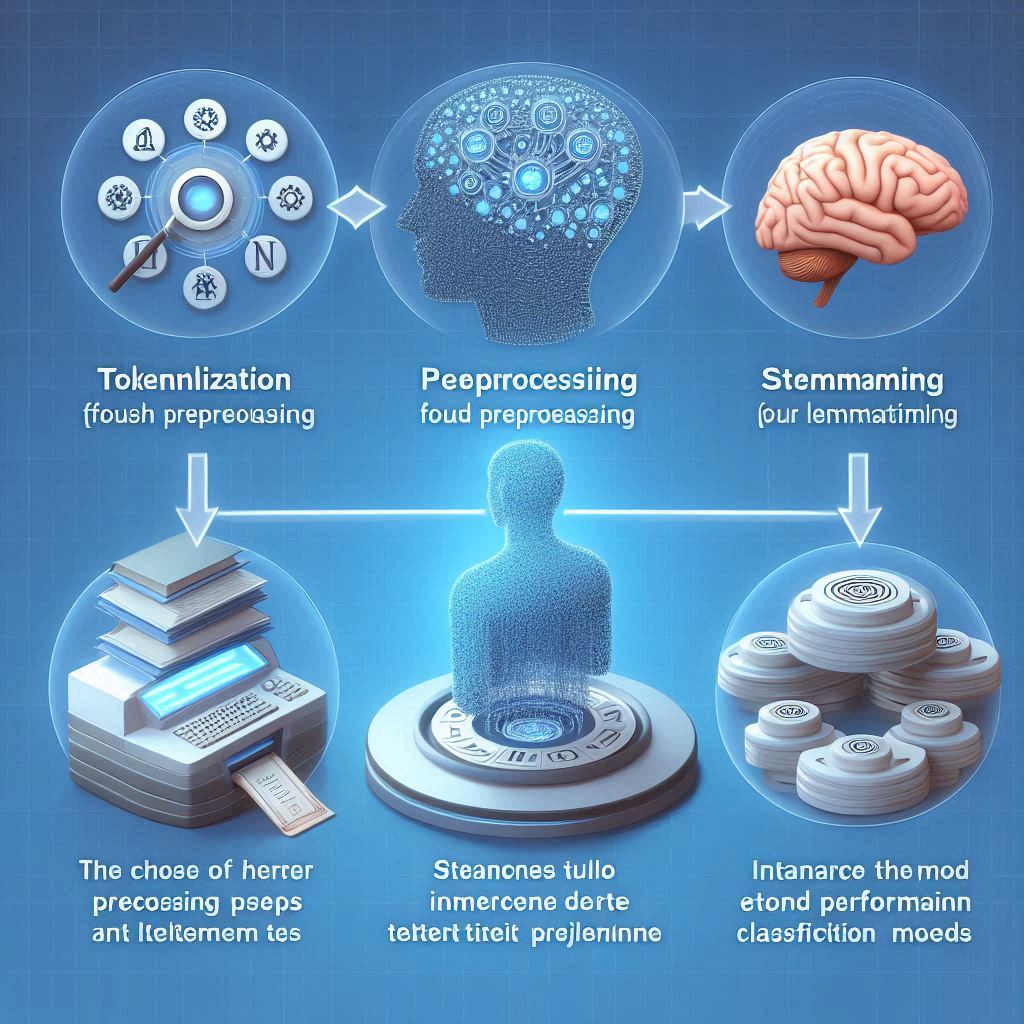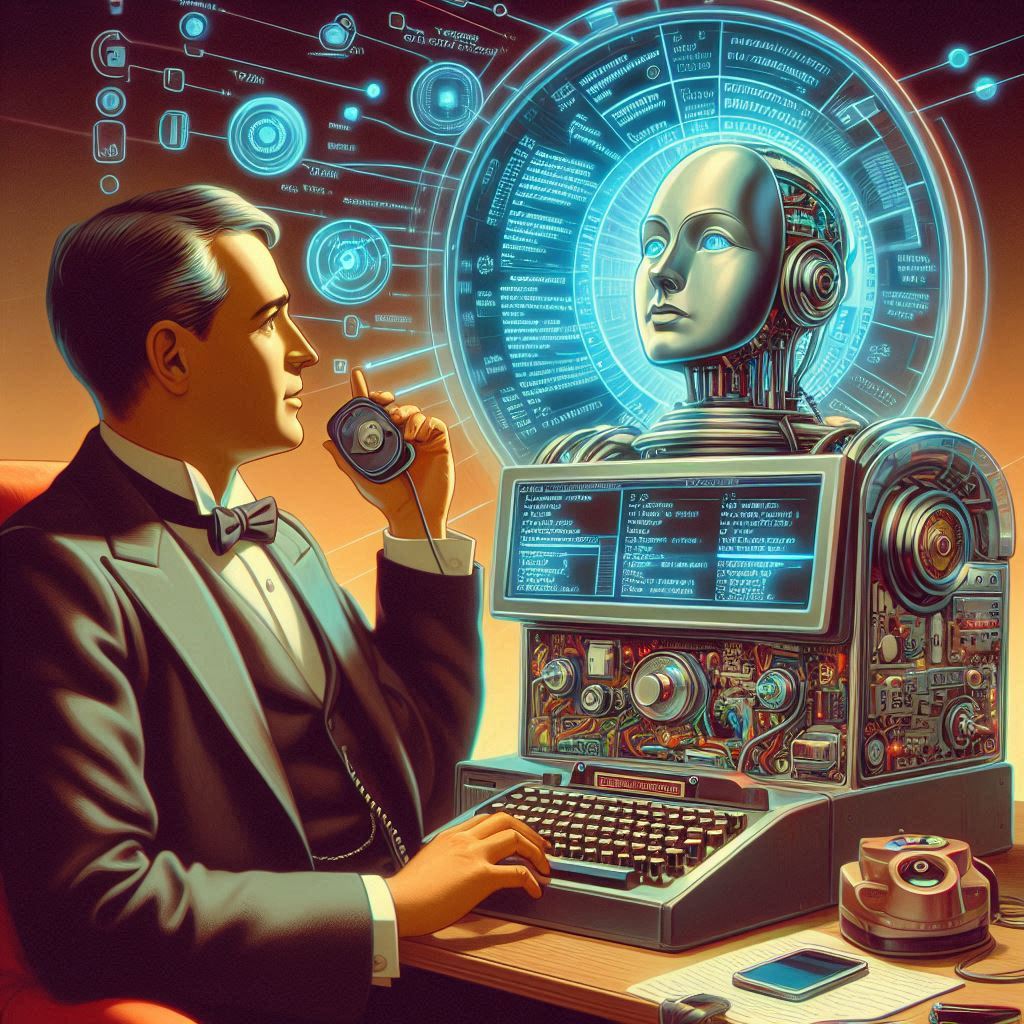What Educators Think About ChatGPT
ChatGPT is a new artificial intelligence (AI) technology that is being used to facilitate communication between educators and students. It uses natural language processing (NLP) to understand what a user is saying and offer up appropriate responses. The technology has been gaining traction in the education sector, and educators are beginning to explore its potential use in the classroom. In this article, we’ll explore what educators are saying about ChatGPT, the pros and cons of using the technology, and the potential long-term impacts that it could have on the education sector.
What Is ChatGPT?
ChatGPT is a natural language processing (NLP) powered chatbot designed to support communication between educators and students. It uses a combination of machine learning and AI to understand a user’s input and provide appropriate responses. It can be used for basic communication tasks such as answering simple questions or providing basic information about a topic. It can also be used for more complex tasks such as providing personalized feedback or helping students with their assignments.
What Are Educators Saying?
Educators have generally had a positive response to ChatGPT. They see the technology as a valuable tool for helping to engage students and facilitate meaningful conversations. Some educators have also mentioned that ChatGPT can be useful for providing personalized feedback and helping students with their assignments. They also recognize the potential of the technology to automate some of the more mundane tasks associated with teaching, such as grading.
Pros & Cons of ChatGPT
ChatGPT has the potential to be a useful tool for educators, but there are some pros and cons to consider. On the positive side, ChatGPT can help to facilitate meaningful conversations between educators and students. It can also be used to provide personalized feedback and help students with their assignments. On the negative side, some educators worry that ChatGPT could lead to students relying too much on the technology and not thinking for themselves. There is also the potential for privacy issues if the technology is not properly secured.
Benefits of ChatGPT for Educators
ChatGPT can be a valuable resource for educators. It can help to engage students by providing personalized feedback and helping them with their assignments. It can also help to automate some of the more mundane tasks associated with teaching, such as grading. Additionally, ChatGPT can help to identify areas of improvement and give educators a better understanding of their students.
Challenges for Educators Using ChatGPT
There are some challenges associated with using ChatGPT in the classroom. First, educators need to be aware of the potential for privacy issues if the technology is not properly secured. Additionally, there is the potential for students to become too reliant on the technology and not think for themselves. Lastly, there is the potential for the technology to be abused by students or used for malicious purposes.
Leveraging AI in Education
ChatGPT is part of a larger trend of using AI in the education sector. AI can help to automate some of the more mundane tasks associated with teaching, such as grading and providing personalized feedback. It can also help to identify areas of improvement and give educators a better understanding of their students. Additionally, AI can help to engage students by providing personalized feedback and helping them with their assignments.
Encouraging Student Engagement
ChatGPT can be used to encourage student engagement in the classroom. It can provide personalized feedback and help to identify areas of improvement. Additionally, it can help to facilitate meaningful conversations between educators and students. This can help to create a more engaging learning environment and encourage students to think for themselves.
ChatGPT & Student Learning Outcomes
ChatGPT has the potential to improve student learning outcomes. It can provide personalized feedback and help to identify areas of improvement. Additionally, it can help to facilitate meaningful conversations between educators and students, which can lead to a more engaged learning experience. This, in turn, can lead to better learning outcomes.
ChatGPT in the Classroom
ChatGPT can be used in the classroom to help engage students and facilitate meaningful conversations. It can also be used to provide personalized feedback and help students with their assignments. Educators should make sure to properly secure the technology to avoid any privacy issues, and they should be aware of the potential for students to become too reliant on the technology.
Potential Long-Term Impact of ChatGPT
The potential long-term impact of ChatGPT is difficult to predict. On the one hand, it could lead to improved student learning outcomes and a more engaging learning environment. On the other hand, it could lead to students becoming too reliant on the technology and not thinking for themselves. Ultimately, it will depend on how the technology is used and how educators and students respond to it.
Automating Education Tasks
ChatGPT can be used to automate some of the more mundane tasks associated with teaching, such as grading and providing personalized feedback. This can help to free up educators’ time so they can focus on more important tasks, such as engaging with students and helping them with their assignments. Additionally, it can help to ensure that tasks are done accurately and efficiently.
What Are the Risks?
There are some risks associated with using ChatGPT. First, there is the potential for privacy issues if the technology is not properly secured. Additionally, there is the potential for students to become too reliant on the technology and not think for themselves. Lastly, there is the potential for the technology to be abused by students or used for malicious purposes.
What do Educators Think About ChatGPT? In Summary
ChatGPT is a new artificial intelligence (AI) technology that is gaining traction in the education sector. Educators have generally had a positive response to the technology, seeing it as a valuable tool for engaging students and facilitating meaningful conversations. There are some pros and cons to consider when using ChatGPT, and educators need to be aware of the potential risks associated with the technology. Ultimately, the potential long-term impact of ChatGPT is difficult to predict, but it could lead to improved student learning outcomes and a more engaging learning environment.












